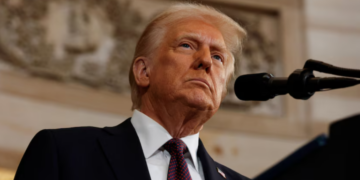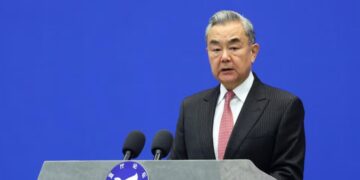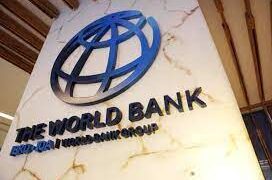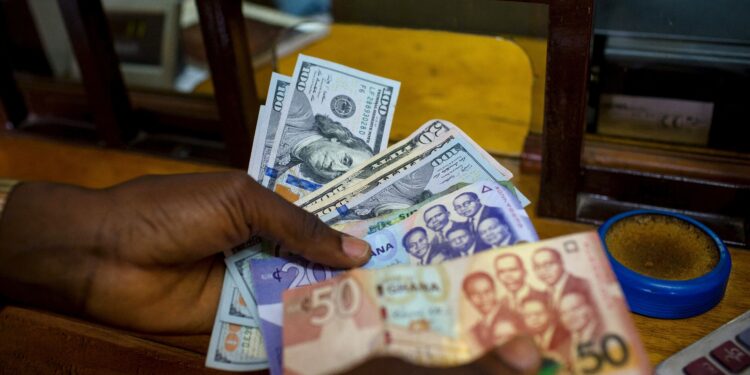By Ebi Kesiena
Executives in Ghana’s pensions sector have criticised the government’s ban on offshore investments, warning that it undermines their ability to manage risk, even as authorities attempt to revive the domestic bond market following the country’s sovereign debt restructuring.
Last year, Accra barred pension funds from investing workers’ savings abroad after concluding the restructuring of its local and external debt, a move that wiped out confidence in its domestic debt market, once popular with global asset managers such as Franklin Templeton.
The restriction, aimed at easing pressure on the cedi, has instead worked against its intended purpose, fund managers argued.
“This is affecting our ability to diversify our portfolios and hedge our investments against macro-economic shocks,” said Afriyie Oware, chief executive of Axis Pensions. He added that the industry has been in talks with the National Pensions Regulatory Authority (NPRA) in a bid to have the ban lifted. The NPRA did not respond to requests for comment.
In August, the government said it would resume issuing bonds locally in the second half of the year, after being limited to short-term Treasury bills since the debt overhaul. Yet pension fund managers warned that lingering mistrust over the state’s past fiscal excesses could undermine those efforts.
“The fiscal discipline with which the government attends to business is something that will be at the forefront of our risk analysis given what has happened in the past,” Oware said.
Rising role of African pension assets
With donor support declining and high interest rates locking lower-rated African governments out of global capital markets, domestic savings pools, particularly pension assets, have become increasingly crucial for financing projects such as infrastructure.
Ghana restructured its pension system in 2010, introducing a three-tier arrangement that combined a state-backed national scheme with privately managed contributions. The reform has fuelled significant growth: total pension assets rose to 86.23 billion cedis ($6.93 billion) by end-2024, up from 61.8 billion cedis a year earlier, according to the central bank.
“A forward-looking pension system necessitates geographic diversification,” said Thomas Kwesi Esso, executive secretary of the Chamber of Pension Trustees of Ghana. He cited Kenya, South Africa and Botswana, which all permit funds to allocate part of their assets to foreign markets and have seen more stable exchange rates as a result.
The Ghanaian cedi lost about 25% of its value against the dollar in 2024, largely due to the debt crisis, before regaining around 20% this year, buoyed by gold price increases, a weaker dollar, and confidence from the successful restructuring.
Fund managers noted that the ban does not extend to Ghana’s dollar-denominated bonds listed on international markets, offering a limited alternative.
“Although this ban could help deepen the domestic market, you can’t play games with pensioners’ funds so restricting them is not the right thing,” said Said Boakye, economist and executive director of the Institute of Fiscal Studies.



































